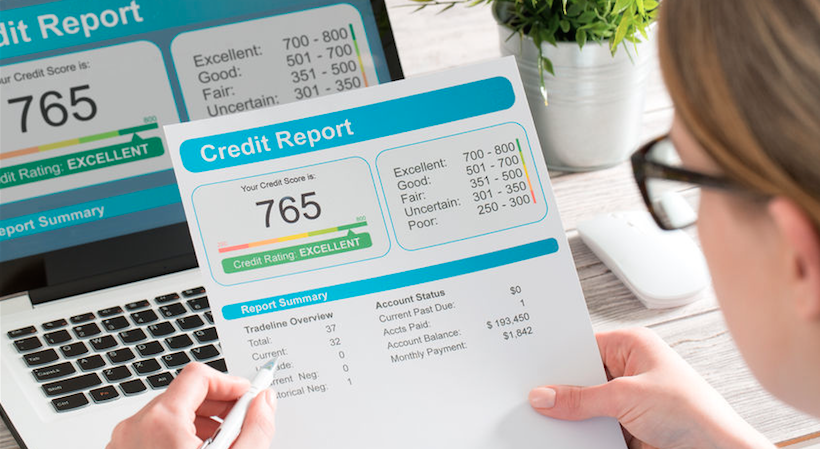Almost every startup needs to borrow at one time or another. However, that doesn’t mean they’re equal when it comes to seeking finance. In short, your credit score and trading history will decide who will lend to you – and on what terms. So what are the potential business loan options?
If you have a great credit score
If you have an excellent credit score, the world’s your oyster. You even stand a good chance of securing a bank loan, which has become increasingly difficult since the tightening of lending criteria in 2009.
If you have a good credit score
In contrast, if your score is good rather than great, you may struggle to obtain long-term borrowing. That doesn’t mean that banks won’t do business with you, of course, but you may be looking at a shorter borrowing period, a smaller capital amount, and of course a higher interest rate.
Related: How to Get a Small Business Loan Without Collateral
If you have an average credit score
With a moderate credit score, you are still likely to qualify for short and medium-term loans, assuming that your business is financially sound. A short-term loan can be defined as being repaid within a year, while with a medium-term loan, you could expect between one and five years to repay.
If you have a damaged or incomplete credit score
Many businesses run into financial difficulties now and again, which can impact their credit score. In particular, startups have no trading and payment history, and an incomplete score can be just as damaging. However, while banks may not be keen to do business with you, there are plenty of other options.
Alternative lenders
Applying quite different criteria from banks, alternative lenders are more interested in your prospects, your business plan and the assets you own than your credit score. From asset-based lending to emergency loans or invoice factoring and discounting, alternative lenders can frequently give you the finance you need to get ahead.
Business line of credit
A line of credit acts like an overdraft, allowing you to borrow and repay at will. It’s therefore much more flexible than a bank loan (though generally more expensive) and can be much easier to obtain.
Asset-based finance
With an asset-based loan, you can borrow by using your business assets as collateral. Because the loan is secured, the interest rate should be competitive – and your credit score should be almost irrelevant.
Invoice factoring and discounting
These innovative solutions can tame a troublesome cash flow forever, allowing you to borrow against your invoices as soon as you issue them. Repayment is made when your customers pay you, and you can even assign the finance company to take over collections if you opt for factoring – perfect if you don’t have a dedicated accounts department.
Sign Up: Receive the StartupNation newsletter!
Peer-to-peer lending
With peer-to-peer lending, other companies or individuals lend directly to you via an online portal. This is relatively risky from their point of view, but it allows them to earn far more interest than they would from a deposit account.
Finally, if you don’t have a credit score at all and can’t access finance from an alternative lender, you can always borrow as an individual to fund the business. However, bear in mind that this makes you personally liable for the debt if the company goes under – and if you give a personal guarantee, you could find your home is on the line.






